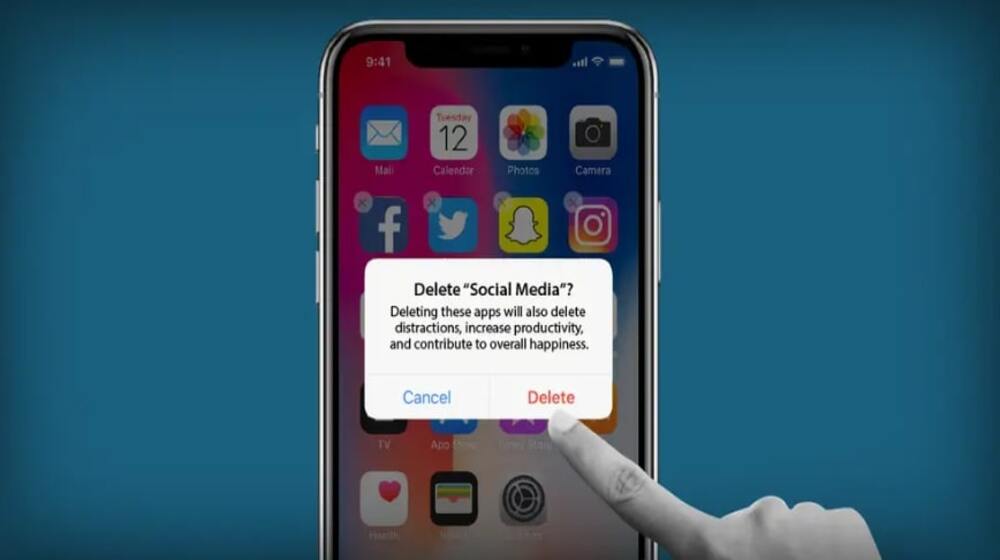Social media dramatically affects one’s mental and physical health. Numerous studies have shown high social media usage to be associated with depression, anxiety, poor sleep quality, lower self-esteem, and inattention.
For example, a 2018 British study showed that social media use was linked to decreased, disrupted, and delayed sleep, which led to depression, memory loss, and poor academic performance.
The relationship between social media and mental health has been a subject of debate for many years, with most researchers tying social media use to changes in mental health. Over time, more and more researchers have taken an interest in the repercussions of social media and ways to overcome these challenges.
Social Media Cessation
According to recent research published in Cyberpsychology, Behavior, and Social Networking, taking a week-long break from social media leads to significant improvements in well-being, depression, and anxiety. The research included 154 participants to observe the relationship between social media cessation and well-being, depression, and anxiety.
The conditions required all the participants to be adults, used social media every day, and were willing to stop using social media for a week. Their involvement in this research was voluntary and unpaid.
As the research was a randomized controlled trial, the participants were randomly assigned to one of the two groups: the intervention group, in which the participants had to stop using social media (Facebook, Twitter, Instagram, and TikTok) for a week; and the control group, in which the participants continued using social media as usual.
After a one-week follow-up, significant differences were observed between the two groups. The participants who had not used social media showed improvements in the three parameters under study — well-being, depression, and anxiety.
The study findings also addressed the impact of using different social media sites on mental health and that various social platforms drive different psychological outcomes.
The author of the study, Jeffery Lambert, and his colleagues wrote, “Our results indicated that reducing time spent on Twitter and TikTok may mediate the effect abstaining has on reductions in symptoms of depression, whereas only TikTok mediates reductions in anxiety”.
Need for More Experimental Research
Consequently, the findings of this research add more evidence to research literature, proving that social media use changes in mental health, and taking a break from it might lead to improving mental health and well-being.
However, more research is needed to understand the process by which reducing social media usage can contribute to better mental health. As Lambert said, “There is currently still a lack of studies examining the effect of reducing social media use on well-being, depression, and anxiety, with studies calling for more experimental research”.





















